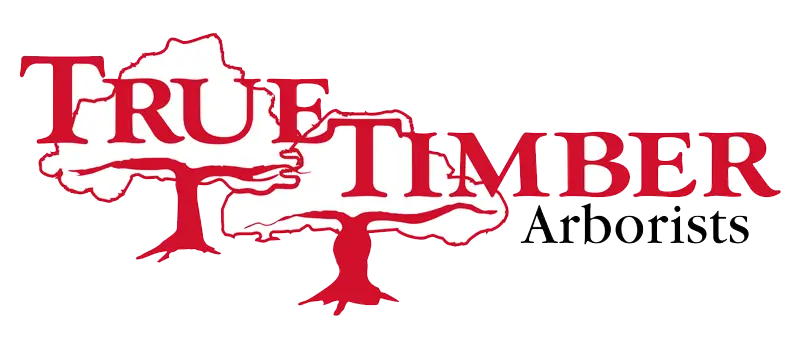When the leaves come down, it’s not just the end of summer—it’s the start of one of the most important windows for tree care. The leaf-off season, from late fall through early winter, gives arborists a clear view of your trees’ structure and stability. That makes it the perfect time to spot hidden hazards and take preventive action before storms or ice arrive.
What Is a Tree Risk Assessment?
A tree risk assessment is a professional inspection that evaluates a tree’s health, structure, and safety. Certified arborists look for signs of decay, weak branch unions, root instability, or other structural issues that could cause failure during a storm.
It’s not just about deciding whether a tree needs to come down. A thorough assessment helps determine whether targeted pruning, cabling, or soil care can preserve a tree safely—and protect your property in the process.
Why Leaf-Off Conditions Give Arborists a Clearer View
When trees drop their leaves, everything becomes visible: the shape of the canopy, the balance of limbs, and the subtle signs of stress that may have been hidden by foliage.
Arborists can:
- Spot cracks, cavities, and deadwood more easily.
- Evaluate branch attachments and weight distribution accurately.
- Examine the trunk and root flare without obstructions.
And because the ground is typically firmer during this season, equipment access often leaves less impact on lawns and landscaping.
Timing Matters for Tree Work in Richmond
Here in the Richmond area, late October through January offers a sweet spot for preventive tree work. Temperatures are moderate, the soil is stable, and leaves are mostly down. That combination gives arborists the safest and clearest conditions for inspection and planning.
By scheduling a tree risk assessment now, you can:
- Address potential hazards before winter storms.
- Plan ahead for pruning or removals while crews have optimal visibility.
- Set your property up for healthy spring growth.
The Value of a Professional Eye
Even healthy-looking trees can harbor hidden problems—internal decay, root plate movement, or weak branch unions. A certified arborist knows what to look for and how to interpret subtle warning signs.
That expertise helps you:
- Prevent costly damage or emergency removals.
- Prioritize maintenance for safety and long-term health.
- Keep your landscape beautiful and balanced year-round.
What to Expect from a Truetimber Visit
When you schedule a Tree Risk Assessment with Truetimber, one of our ISA-Certified Arborists will visit your property to inspect each tree’s structure and condition.
You’ll get a friendly, educational walkthrough that explains what’s healthy, what’s concerning, and what actions—if any—are recommended. We provide clear photos, detailed notes, and a no-pressure estimate for any follow-up work.
Our team takes the time to answer questions, because we believe informed homeowners make the best decisions for their trees and their property.
Contact Truetimber Arborists for a Tree Risk Assessment
At Truetimber Arborists, we believe healthy relationships—with customers, crews, and the natural world—create the best outcomes. Our Richmond-based team brings safe, professional tree care that protects your property and preserves your trees.
Ready for a free, no-pressure estimate? Contact us today at 804-218-8733.







